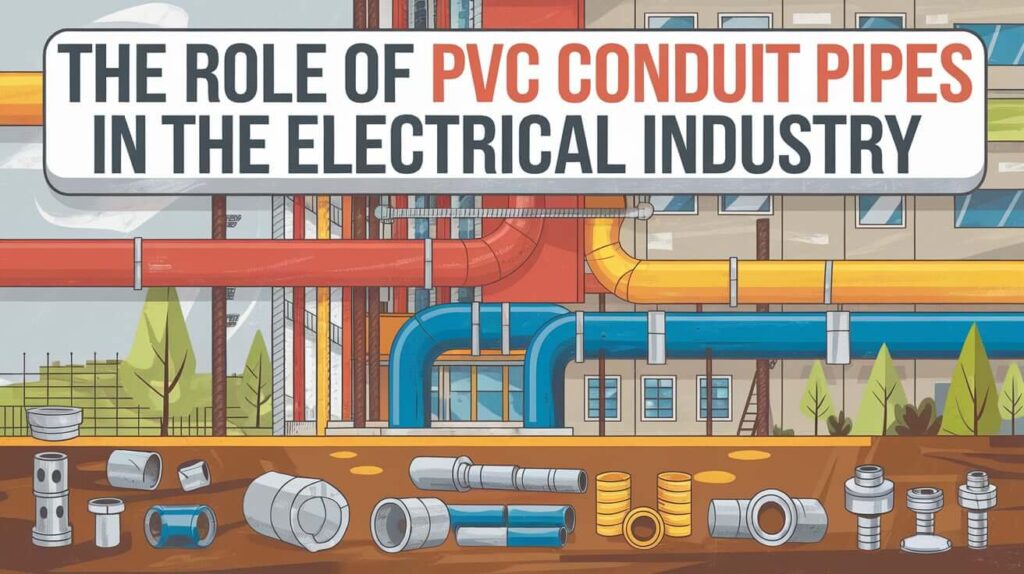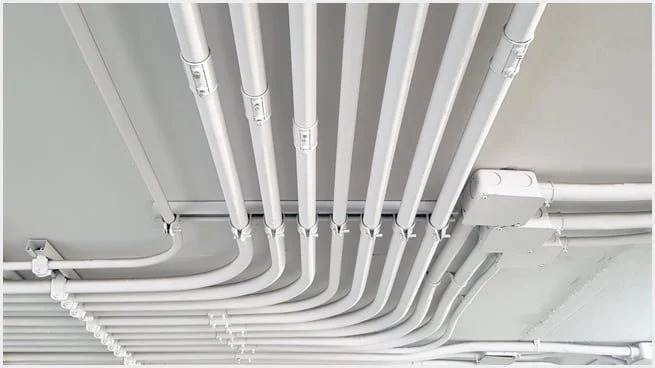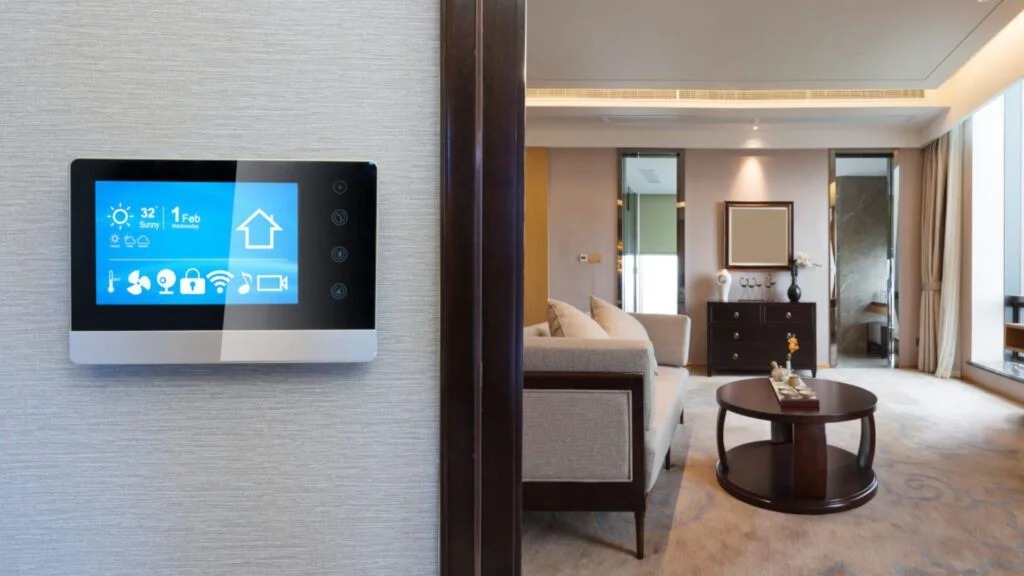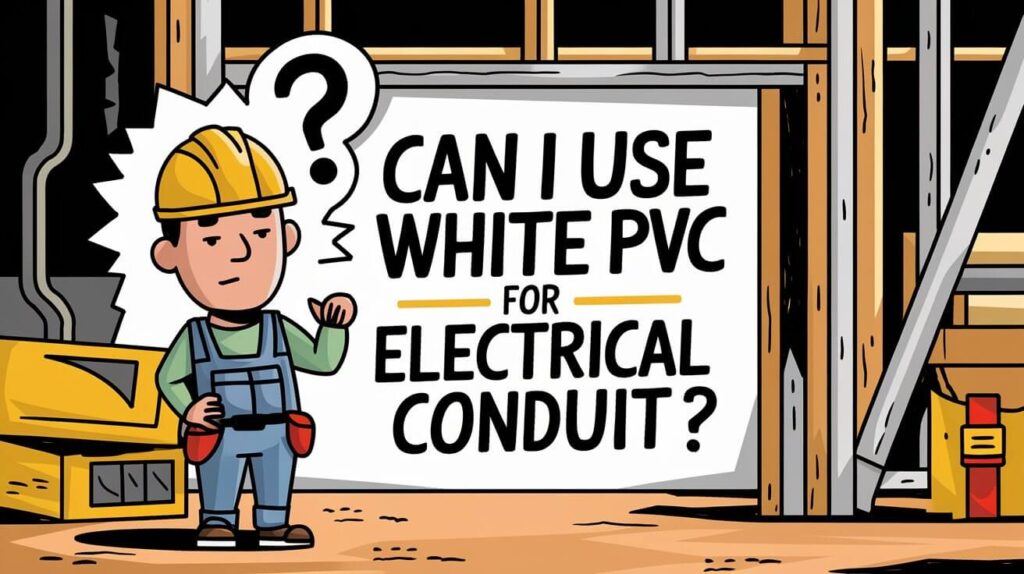The Impact of UV Exposure on PVC Conduit Pipes
PVC (Polyvinyl chloride) conduit pipes are commonly used for electrical wiring and cable protection in buildings, homes, and industrial settings. However, like most materials, PVC is sensitive to environmental factors such as UV (ultraviolet) exposure.
UV radiation from the sun or other sources can break down the molecular structure of PVC, causing it to become brittle and prone to cracking. This can lead to a loss of strength and flexibility, which can compromise the integrity of the conduit pipe and increase the risk of electrical faults or failure.
The severity of the impact of UV exposure on PVC conduit pipes depends on several factors, including the intensity and duration of exposure, the color and thickness of the pipe, and the quality of the PVC material itself. Darker colors and thinner walls tend to be more susceptible to UV damage than lighter colors and thicker walls.
To mitigate the effects of UV exposure on PVC conduit pipes, manufacturers often add UV stabilizers to the PVC material during production. These stabilizers act as a barrier to the UV radiation, preventing it from penetrating the surface of the pipe and causing damage.
In addition, PVC conduit pipes can be painted or coated with UV-resistant materials to provide an extra layer of protection. It is also important to install the conduit pipes in areas that are not exposed to direct sunlight or other sources of UV radiation as much as possible.
Regular inspection and maintenance of PVC conduit pipes are also essential to ensure their longevity and safety. Any signs of damage or degradation should be addressed promptly, and damaged pipes should be replaced as soon as possible to avoid potential electrical hazards.
Overall, while PVC conduit pipes are a popular and cost-effective option for electrical wiring and cable protection, they are vulnerable to UV damage. However, with proper precautions and maintenance, their lifespan and performance can be extended.
The Impact of UV Exposure on PVC Conduit Pipes 阅读更多 "







